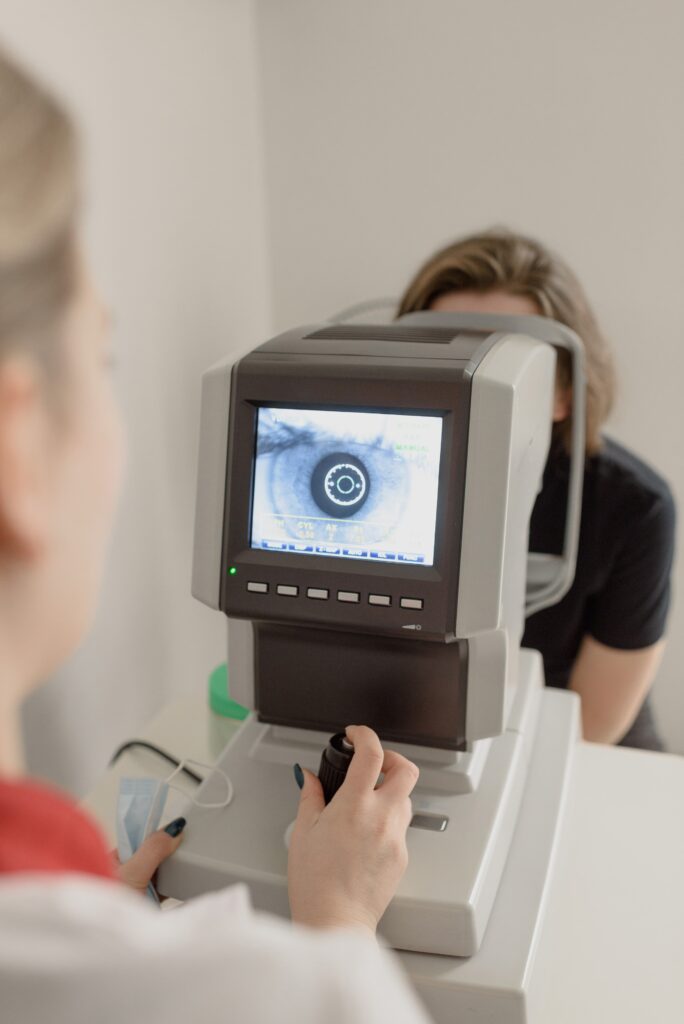Pollution associated with increased cases of age-related macular degeneration, UK study finds.
Increasingly air pollution is being linked to a wide range of diseases. The World Health Organisation, who label air pollution as a ‘public health emergency’, estimate 90% of the global population live with dirty air. A comprehensive review conducted in 2019 suggested that ‘every organ in the body’ is damaged by air pollution exposure, as inhaled ultrafine particles cause inflammation.
Those living in areas with poorer air quality are more likely to develop progressive and irreversible type of sight loss, a large UK study has discovered.
Researchers at University College London found higher rates of age-related macular degeneration (AMD) among those residing in more polluted areas.
AMD is the leading cause of irreversible blindness for over-50s in high income countries. Approximately 600,000 people are affected in the UK.
Professor Paul Foster, of the UCL Institute of Ophthalmology, said the findings demonstrated ‘yet another health risk posed by air pollution, strengthening the evidence that improving the air we breathe should be a key public health priority.’
The long-term research, published in the British Journal of Ophthalmology, used data from 115,954 participants. Additionally, over 52,000 people had their eyes examined with retinal imaging to assess structural changes to the receptors in the retina which indicate AMD.
Researchers found 1,286 people, over 1% of the total number of participants, aged between 40 and 69 who had no eye issues, were diagnosed with AMD.
After considering other factors such as age, smoking habits, weight, lifestyle and underlying health conditions, the analysis found participants exposed to higher levels of PM2.5 were 8% more likely to be diagnosed with AMD.
Professor Chris Inglehearn of the University of Leeds, who was not part of the study, commented: ‘This UK-based study is similar to a 2019 study from Taiwan on traffic-related pollution. The fact that these two independent studies reach similar conclusions gives greater confidence that the link they make is real.’
‘The traditional sign-off with anything to do with eyes and vision is to encourage everybody to have a routine eye examination once a year, particularly those over 40,’ concluded Foster.




